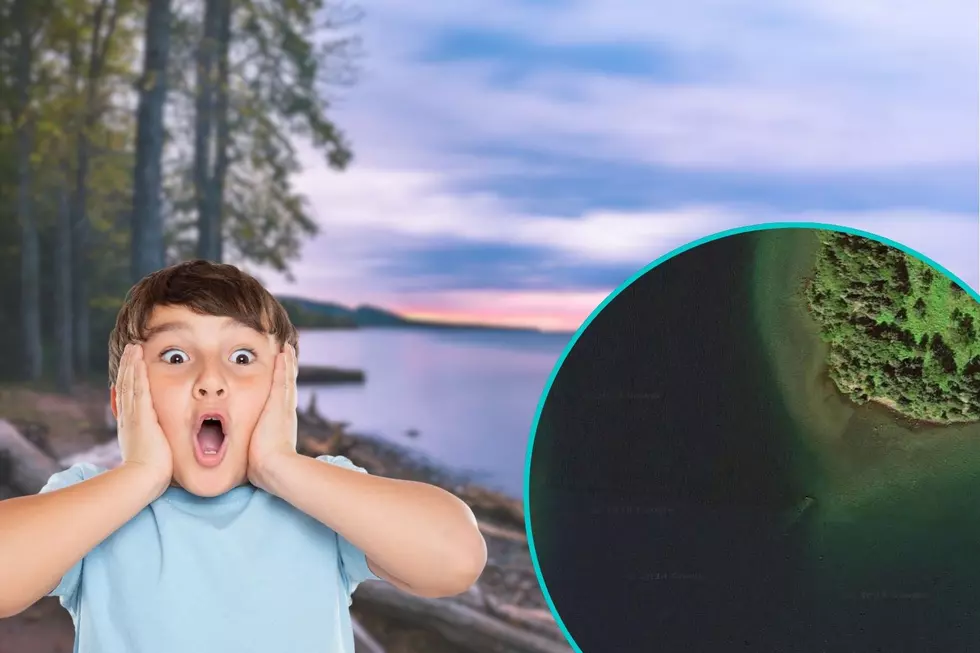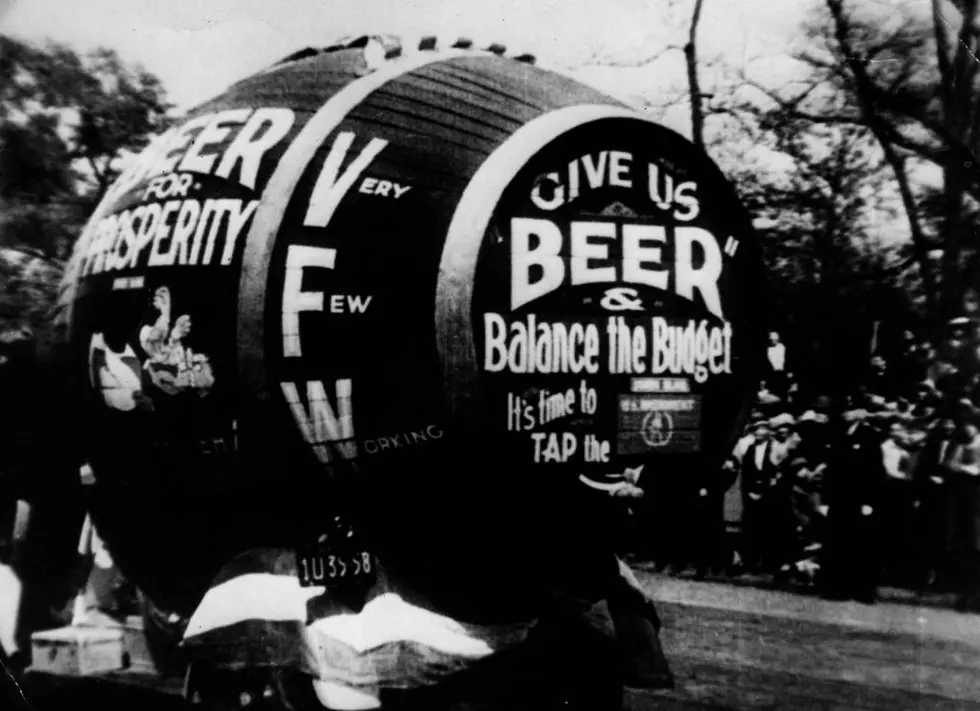
Hope You’re Not Still Using These Passwords Minnesota
Keeping your personal information on the internet protected is getting more and more difficult. Phishing scams hit your inbox on a daily basis. And hackers are always trying to get into your accounts somehow, someway.

One of the easiest ways for a hacker to get into your business is simply by guessing your password. Many people are getting better at using passwords that are more difficult to figure out, but there are still some folks that use that commonly used ones.
Safetydetective.com has a list of a lot of the most commonly used passwords that people use. They also have some good tips to help Minnesotans avoid getting hacked.
“Don’t reuse passwords on any account.” - Safetydetective.com
It’s convenient for people to use the same passwords for all the accounts they have. You should avoid doing that general, but especially for highly sensitive accounts like banking, email and work related accounts.
“Use a password that is longer than 8 characters.” - Safetydetective.com
Just because it says 8 characters doesn’t mean you should limit it to just those eight. The longer the better.
“Don’t include any words in your email address as part of your password.” -Safetydetective.com
If you use those words that are in your email in part of your password, you’ve done half the work for the hacker.
“Always include numbers, capital letters, and special characters in passwords. But many passwords start with a capital letter and end with a number (often the current year). Don’t follow that pattern.” - Safetydetective.com
Using passwords with numbers, letters and symbols is always the best practice. Vary what letters you capitalize and use numbers in place of letters helps make it more difficult to guess.
“Don’t include common names, common cities, or common cultural references.” - Safetdetective.com
Things like your family members, cities or states you are from, lived in or currently live in do not make for good passwords. Also, your favorite sports teams, tv shows, movies, anything that might have been posted on social media can give a hacker an idea of your password.
Fresh Food Hacks to Extend the Life of Your Food
More From 96.7 The River









